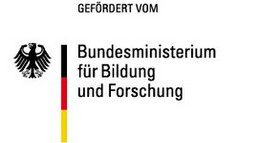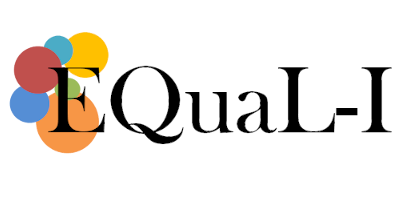Evidence-based Qualification of Students of an Education Program: Effective and Adaptive Classroom Management in Inclusive Settings
The project addresses the question of how the competence development of students of an education program can be effectively supported by a digital tool for recording and promoting Classroom Management.
Funding

Project description

The aim of the project is the evidence-based optimization of teacher education and training in the context of inclusive education through the development, validation and effectiveness testing of a new innovative tool in the context of competence development. Based on the realized approach of Koenig, Lee, Iseli and Wainess (2010), a tool will be developed to promote students of an education program in the area of Classroom Management.
The tool will use simulations of practical scenarios in a virtual inclusive classroom from the point of view of the teacher for individual training. Effective and adaptive Classroom Management focusses on a fundamental element of the instructional quality that enables successful learning and development processes of children with different educational needs. Research questions in this context are:
(RQ1) What are the competencies of higher education student in working on a newly developed tool for capturing and promoting Classroom Management skills compared to (a) persons without teacher's reference and (b) teachers in active education?
(RQ2) Does the editing the tool over several weeks promote Classroom Management skills in inclusive settings.
(RQ3) Is knowledge about Classroom Management in inclusive settings more positively for student teachers who have worked with the Classroom Management tool than for students of an education program who belong to a control group?
(RQ4) How do the inclusion-related attitudes and motivation of students of an education program develop after working with the Classroom Management tool?
The validity and effectiveness of the approach are examined in two validation studies with different samples and comparison groups. The three-year project period is divided into four phases, during which a theory-based, innovative educational tool for educational professionals in the context of inclusive education is developed, piloted and validated, and its effectiveness is reviewed.
Lead researcher at IFS
Project management
- Annika Ohle-Peters
Project team
- Jennifer Igler





![[Translate to English:] [Translate to English:]](/storages/ifs-ep/_processed_/8/5/csm_AdobeStock_412860748_9a2dbb816c.jpeg)
